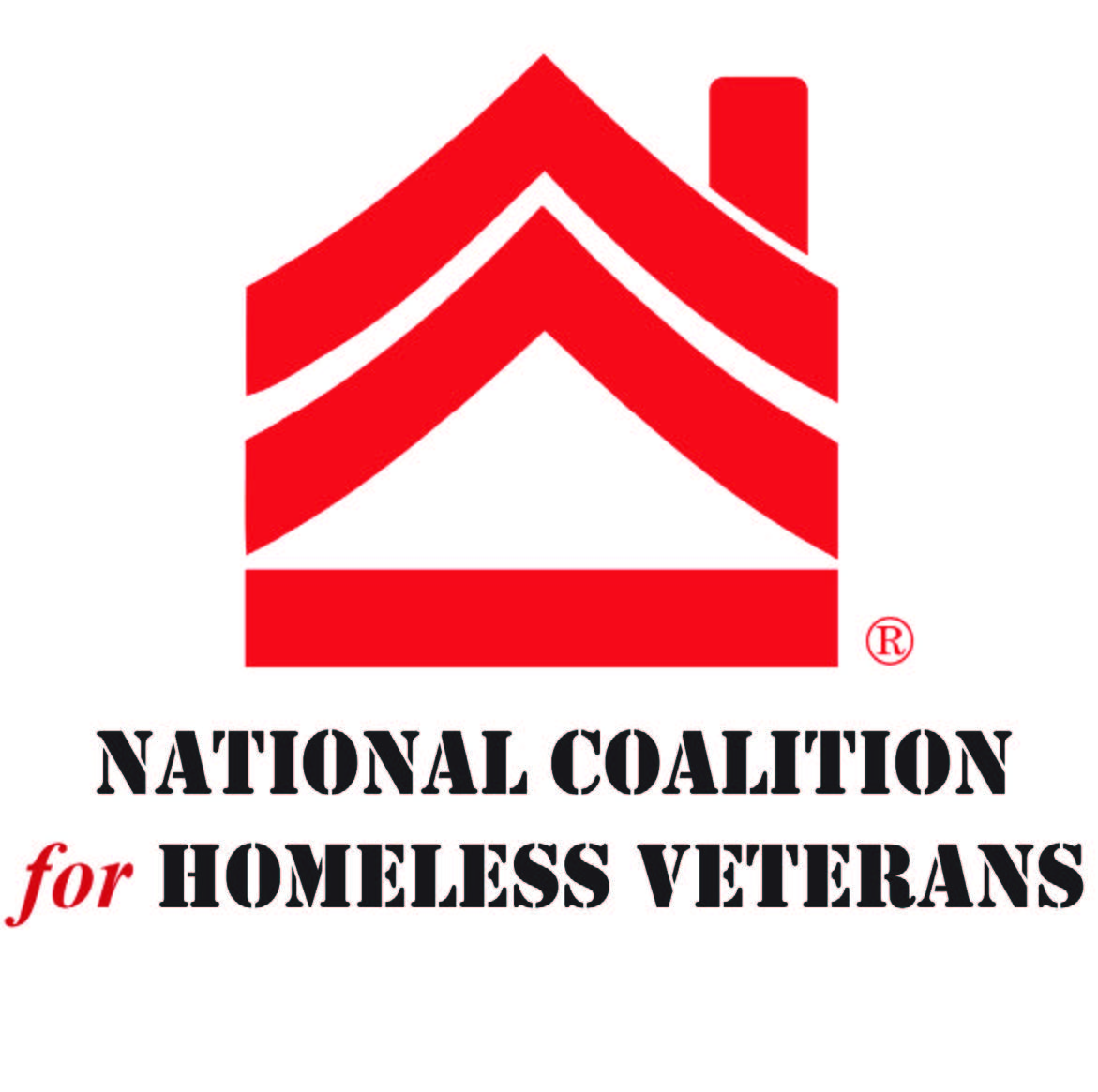By NCHV Staff Writer
The Biden Administration recently released its 2020 Point-in-time count results, which notably saw a slight pre-pandemic increase in veteran homelessness. The long-term economic impact of the pandemic has left many Americans, including veterans, struggling, and it is clear that the fallout in terms of housing instability may not be known until well after the end of the public health emergency.
The increasing availability of vaccinations in this country is creating optimism that we will turn the corner on COVID-19 and eventually be able to reopen much of the country after over a year of social distancing. However, that world looks very different for veterans now experiencing and at risk of homelessness and the organizations that serve them.
Among the bright spots are increased access to vaccinations at VA for veterans, their spouses, and caregivers; and communities that are purchasing hotels and or motels to repurpose them for permanent supportive housing. Yet other challenges remain.
Congress generously provided increased assistance for organizations that serve homeless veterans. It also gave VA the ability to provide new types of assistance such as food, telecommunications equipment, and other items as needed to veterans. These types of assistance have been crucial during the COVID-19 pandemic; however, VA is currently only able to offer this assistance through the end of the public health emergency. It is clear that some of these issues will persist for providers and veterans beyond the emergency, so Congress must take action to extend these authorities.
Many veterans access services in shelters that have congregate layouts. While VA was able to issue a capital grant to help organizations transition, their estimates indicate that funding currently available may be enough to cover one in eight of the shelter beds that could be converted to safer, less congregate footprints. Additional resources will be needed to ensure all organizations have the opportunity and resources to transition their facilities for long-term safety.
Most importantly, our country is still amidst a housing affordability crisis. In order to end veteran homelessness, one of the biggest needs is both a short-term pipeline of affordable housing, and a longer term development pipeline to replace lost affordable housing for extremely low-income households. There have been new investments in the Housing Trust Fund, via the American Rescue Plan, but more must be done to invest in Low Income Housing Tax Credits and other key funding sources such as voucher programs that provide developers with operating dollars to improve the availability of veteran affordable housing nationwide.
With leadership at the national and local levels, paired with resources, we can make a major impact on the lives of veterans now experiencing and at risk of homelessness.
Visit [www.nchv.org] to learn about the National Coalition for Homeless Veterans.






